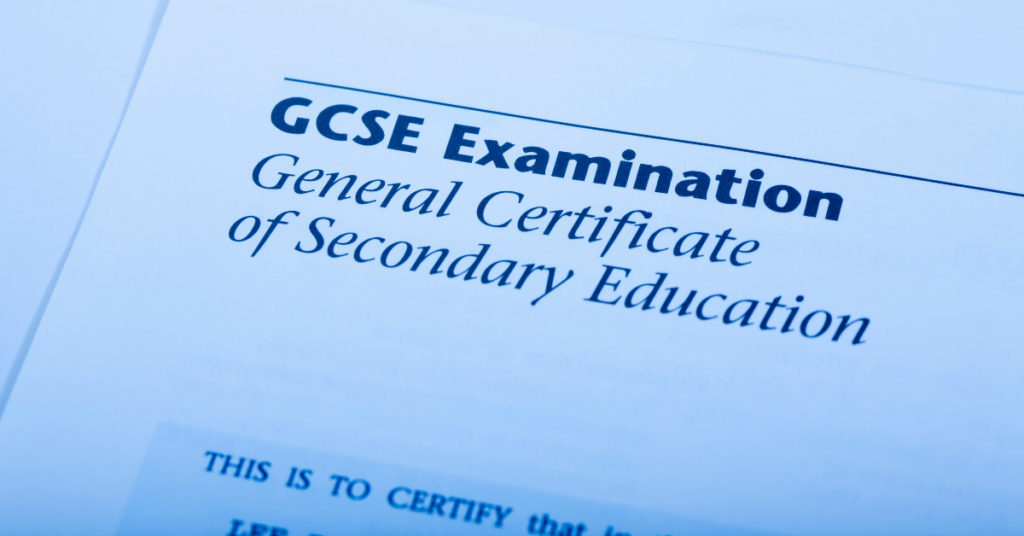The General Certificate of Secondary Education or GCSE is a qualification taken by students in the UK after their compulsory education. While it is usually taken by 14 to 16 years old, they are available to anyone any age.
Depending on the subject taken, the qualification will require you to study the theory of a subject and have either practical or investigative work. They are often studied in school or college, full-time, which takes five terms to complete.
Assessment for GCSE
Depending on the particular subject taken, the assessments come in different forms. They are usually assessed through coursework, fieldwork, art, experiments and investigations.
The subject also dictates whether there would be more coursework or applied work versus exams. However, there are also those filled with mostly exams per unit, which are subjects that are more focused on theoretical knowledge.
Opportunities after GCSE
Once you have taken or finished the GCSE, there are many opportunities that you can pursue. For some, they may choose to immediately find a job after their GCSE, which could be related to their specific subject studied.
Others may also see themselves pursuing further studies after the GCSE. They may move forward to colleges or other forms of further education. Others may also look for apprenticeship positions where they can develop their skills further before settling into formal jobs.
The GCSE’s Role in Your Future
The GCSE is very important because it formally records your academic skills and potential. While it does not necessarily dictate your future, GCSEs play a big role in moving forward.
For example, some colleges and even universities will need you to have a GCSE before you can proceed your studies with them further. While you may receive A Level studies, they have strong limitations, especially with your GCSE.
GCSE also allows you to build foundations in certain areas. You are able to root your studies in these areas with GCSE, and pursue them further with continuing education. With GCSE, you get to have a deeper understanding and knowledge of these topics and subjects.
However, it is to note that the GCSE is also not everything. Many universities, colleges and jobs will take a look at other factors. While the GCSE will play a big role in helping you with your future, regardless of what opportunities you partake in, having a GCSE is still not a guarantee that you will be able to excel in all the fields.
The Impact of GCSE of Personal Development
Learning is a crucial part of your growth as a person. The GCSE will not only help you gain more knowledge in certain subject matters, but it also helps your confidence to grow as an individual.
Aside from that, it guides you toward your career path. As you study more about these subjects, you will understand what is interesting for you. You will also get to see more about
what paths and careers you can explore with certain learning disciplines.
With GCSEs, you also get to learn skills that you can apply in real life. From problem-solving to communication, and even creativity—your skillset greatly expands. This makes you more versatile and flexible regardless of the situation you are in.
Final Thoughts
With GCSEs, you get to study what you love the most. From arts to sciences, you get to polish different outstanding skills that will help you with your future. Whether you pursue career paths, further studies, or even other skills and hobbies, the GCSE will greatly help you on your journey.
If you or your child needs a GCSE tuition, contact SchoolOnline. We offer expert video tutorials to help GCSE and KS2 students develop their skills in English and Maths. Start your free trial today!


